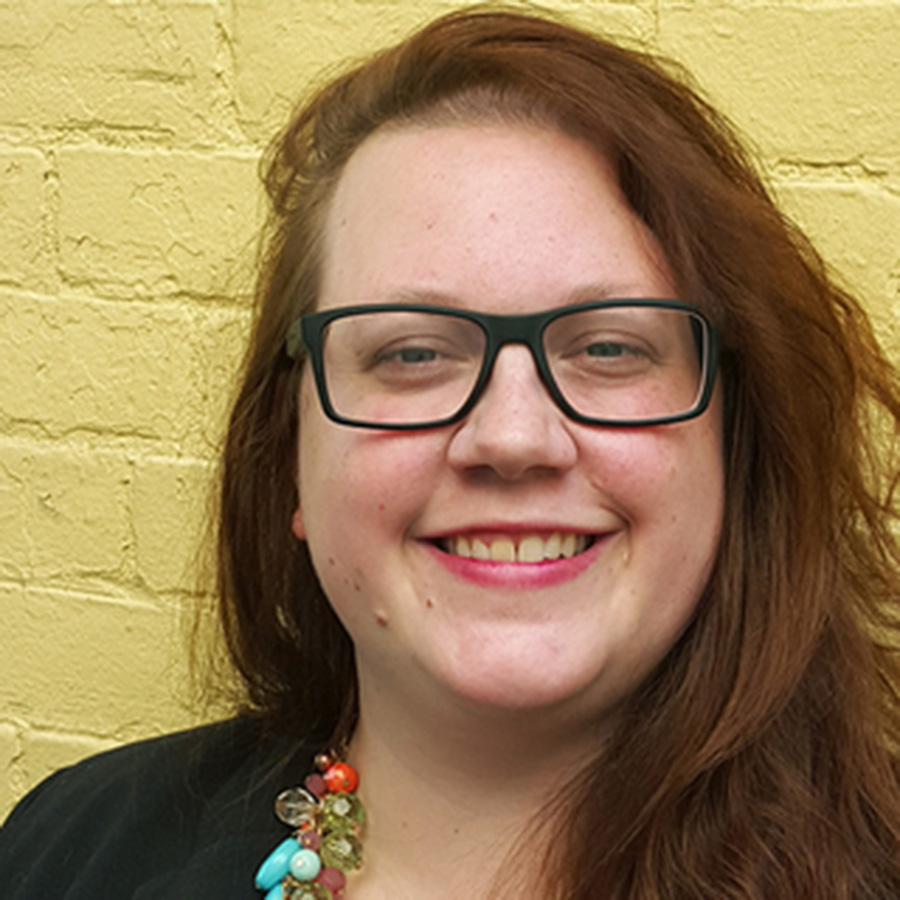Walk and Talk Mental Health Therapy: Flourish Psychotherapy

Meriden McGraw is the co-founder of Quidwell where she works…
Lauren Sharp owns a private mental health practice in the Central Business District where she sees clients that live, work, and play downtown. Lauren and the three other practitioners working at her practice believe in treating clients as whole people, mind and body together. Her practice includes in-office sessions, walk and talk sessions (see more below), and teletherapy services. We sat down with Lauren to ask her a few questions about mental health.
“Therapy is not meant to be forever. I’m constantly asking, how can I give my clients the tools for next time life gets challenging, so they have more to pull from.”
What does it mean to treat the whole person and how might your practice differ from a traditional mental health provider?
Our approach addresses all aspects of the individual. We believe–like many before us have believed–that the mind, body, and spirit are intricately linked, and both impact each other. For that reason, when a client comes to us with depression or anxiety our approach may also include referrals to other complementary providers. These include Traditional Chinese Medicine practitioners, massage therapists, yoga studios, and nutritionists. We have to heal as a whole body.
What are walk and talk sessions?
Office-based therapy is important because it’s a foundation of what we do, and many people like that approach. But to only look at mental health in that space is a real missed opportunity. We have to think, what are some more innovative things that we can be doing that get mental health outside of the office. Walk and talk therapy is one of those innovative options.
We take the therapy session outside. We walk along the riverfront and talk. This is beneficial for certain people for a number of reasons. When you walk, different areas of your brain light up because of the blood flow. You’re more creative, more able to access your emotional experience when you’re walking. Nature is soothing and supportive. Also, some people think better and open up more when they’re moving.

What is a barrier the mental health field is facing today?
There are a lot, namely stigma, but I think that is starting to shift. People are starting to talk more about mental health. It’s certainly different even than from when I was younger. A large issue is the lack of preventive care. Insurance will cover preventive screens and interventions for many physical ailments. However, even if you have symptoms of a mental illness, you have to have a diagnosis to be able to come in under your insurance. This is concerning because people often have symptoms for a while before they reach a full diagnostic level and this is when we should help them. If we can prevent someone from going into a full depressive episode it’s not only the most humanistic option, but it also saves cost in the long run for everyone. Individuals with untreated mental illness require up to 4-6 times the health care costs as someone with a well-managed mental illness.
What is the difference between the type of mental heal professional?
A psychiatrist is a MD and they are trained under the medical model. They are able to provide medications. They typically do not do talk therapy, although some do. This is great if you do need medication as an augmentation to therapy. Expect relatively short visits.
A psychologist has a Ph.D. or a PsyD and they are clinicians that are able to diagnosis and treat mental and emotional disorders through talk therapy. They can also do psychological testing (learning disabilities). Typically, psychologists do some sort of research in conjunction with clinical work.
Counselors and social workers and marriage therapist have a master’s degree. They diagnosis and treat mental health issues through talk therapy. Expect hour long sessions.
What advice do you give to people trying therapy for the first time?
Keep trying. Therapists come in all shape sizes and modalities. The number one key to success in therapy is the relationship. If you don’t feel comfortable or you can’t be honest, you’re just not with the right therapist. There should be no hurt feelings. If I’m not the person for someone it’s OK. I will work with that person to find the provider that is the right fit.
You can find Lauren at Flourish Psychotherapy here. If you have more questions about finding the right mental health professional, or what seeing a mental health professional is like please don’t hesitate to reach out to us at info@quidwell.com
Meriden McGraw is the co-founder of Quidwell where she works to optimize the health of women. Outside of Quidwell, Meriden combines her master’s level education in mental and public health with her training in mind-body modalities to teach individuals and groups techniques for optimal wellbeing. Meriden holds various certifications in pranayama (breath techniques), positive psychology, mindfulness, and yoga. On an average day, Meriden can be found practicing yoga, drinking kombucha, dragging her husband to strength training workouts, and taking her pup for a walk.



